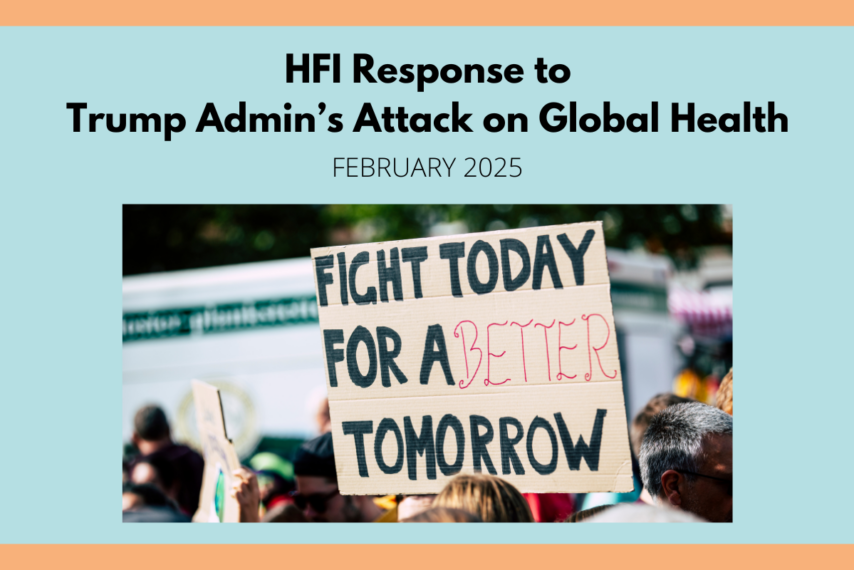The 1978 Alma-Ata Declaration wasn’t just a policy document. It was a radical moral manifesto. By declaring health a fundamental human right, it asserted that gross inequalities in health status between developed and developing nations were politically, socially, and economically unacceptable. This wasn’t merely aspirational rhetoric; it was a recognition that health justice requires both technical solutions, political will, and community involvement.
For over 45 years, our field has worked to translate these principles into action. The path, of course, has never been straight. We’ve learned that implementing Universal Health Coverage, for example, means confronting entrenched power structures. We’ve discovered that strengthening primary care requires not only building clinics but also dismantling the social and economic barriers that make people sick in the first place. Each step forward has been hard won, each victory incomplete but vital.
Now, as we witness the systematic dismantling of USAID and the U.S. withdrawal from the WHO, the stakes of this struggle are laid bare. Let us be clear: these actions aren’t just bureaucratic reshufflings. They represent a direct challenge to the core principle that health is a human right, not a privilege. The same institutions that helped eradicate smallpox, that tackle everything from infant nutrition to outbreak surveillance, are being gutted by those who traffic in dangerous fiction: that health is a private commodity rather than a public good, as if illness stops at borders to check passports and calculate profit margins.
Since the pandemic’s onset, what was once a slow erosion of support for global health cooperation has become an aggressive retreat. But here’s what over 45 years of implementing Alma-Ata’s vision has taught us: progress in public health has never been linear, and it has never been given freely either. Every advance – from community health worker programs to primary care provision – has been fought for, defended, and rebuilt when necessary.
To my colleagues in global health and international development: your anger is justified. We’ve seen what works and learned what doesn’t. Though imperfect, we’ve built systems and programs that save lives, forge connections, and protect communities, particularly the most marginalized. We know that the cost of dismantling these institutions will be measured not just in dollars, but in human lives. As the political headwinds grow stronger, our commitment to health justice must grow stronger still.
They can withdraw from international cooperation, decimate our institutions, and demonize the global health and international development workforce. But they cannot erase what Alma-Ata set in motion: the radical notion that health is a fundamental human right, and that the struggle for this right is both technical and political, both local and global. The next chapter in this long journey will be a difficult test, and I’m not sure that I have the answers. But you, my colleagues, fill me with extraordinary hope and remind me why this fight matters.
With gratitude,
Andrea Feigl
CEO, Health Finance Institute

